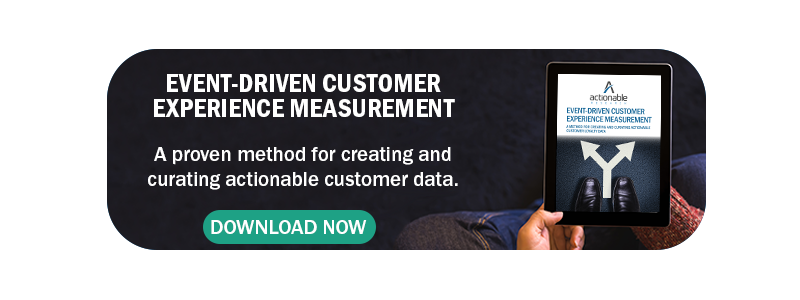Based on our experiences working with large companies who have multiple market research stakeholders, I can say it is easy to see the challenge in distributing research results. One of our long-term clients has 5 different regional perspectives on results (and that isn’t counting the country-oriented teams). Due to this, there can be as many as 10 different versions of the report.
That is the exception. Typically, companies make due on two or three versions of the results with a few extra slides to roll up results in key areas.
There are several challenges that are introduced through this approach. The most important one being a lack of detail in many geographies that could benefit from knowing more specific information.
Dashboarded Marketing Research Results – an Illuminated Path Through the Story
Lack of geographic detail is all but eliminated through the delivery of results in a dashboard. Dashboarding of research results provides a dynamic perspective of the data insights. Instead of slide-after-slide of graphs and tables, there is a guided path through the narrative story, and a twist – now you can choose the audience you specifically would like to explore and investigate.
In short, this is the end of the huge appendix of slides at the end of the research report that dares you to take a deeper look but is still found to be lacking in the detail sought because the analysis wasn’t focused on that particular view of the data.
Now you have the opportunity to drill down, filter and compare within the dashboard itself – creating on-the-spot utility.
Access Control: Rights to More Specifics Means Richer Insights
Access control is typically synonymous with restriction. This is because access control is used to limit one’s ability to see or review information they do not have the right to see. While that meaning can still apply, in the case of dashboarded market research results access control is less about restriction and more about organizational freedom. Accessibility settings allow for more complete data review.
Consider delivering research results to a restaurant or consumer-based outlet with many branches or franchisees and managers of these establishments, as well as regional managers who manage groups of managers and these outlets. Using standard static, PowerPoint reporting, this is a very daunting proposition, as custom versions of the report must be delivered not only to each branch, but also to each manager’s territory. Utilizing access control with dashboarded results allows the report developer to specify which results each manager has access to, and with a small amount of configuration, each report user has the right to review the results of all of their own data, and even make comparisons to other large segments if desired.
Access-controlled dashboard results give your team a custom view that promotes efficiency by taking away the need to sift through a million slides to find relevant information, while also providing an opportunity for deep-dive data review.
Dashboarded Narratives are a Game Changer for Market Research Results
While dashboards aren’t new, the availability of narrative-style reporting using dynamic data is a newer development for custom marketing research. Whether you have a complex patchwork of teams and managers with varying degrees of need for data or many locations and as many managers who need feedback on performance, dashboarded research results can give you and your team the competitive edge they need to consistently execute your company’s vision and achieve goals and objectives.
Actionable Dashboards
Actionable Research now offers dashboard capabilities on nearly every project. Provide your team with efficiency and deep access to utilize your results and get the most of your data. Contact us today to hear more about the work we do at Actionable and how dashboarded results could help your team more effectively utilize data.



